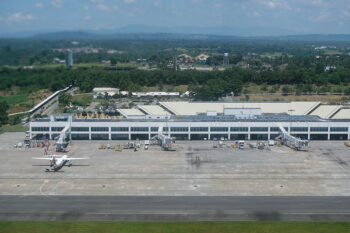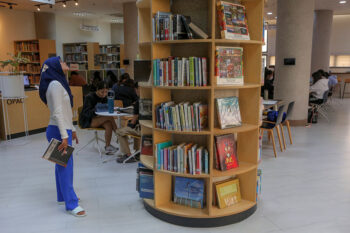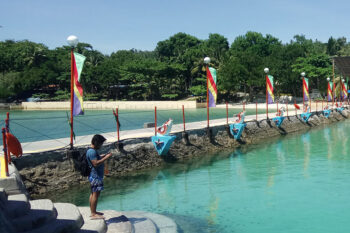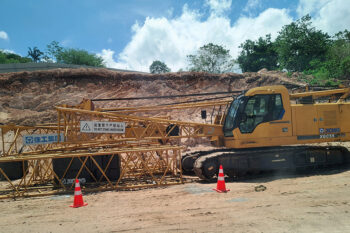COTABATO CITY (MindaNews / 14 June) — One of the major structural defects in the ARMM (Autonomous Region in Muslim Mindanao) law is the sheer absence of fiscal autonomy as the process, the amount, the priorities, and accountability measures are all decided by the central government in Manila. This major gap in the autonomy law is what is sought to be addressed by the provisions of the BTC BBL (Bangsamoro Transition Commission – drafted Bangsamoro Basic Law) on Fiscal Autonomy and the concept of a block grant.
In Article 12, sections 1, 17, 18, 19, 20 and other related provisions of the BBL, the following essential features of fiscal autonomy are laid out, viz; guarantee of fiscal autonomy thru a share in the internal revenue and bureau of customs collections, certainty of amount through a formula, automatic appropriations as a process, automatic release of the amount to the Bangsamoro government, appropriations power of the Bangsamoro Parliament over the Block Grant, determination of priorities for expenditure by the Parliament as the closest representatives of the people, determination of budget process and accountability mechanism closest to the people.
In the BTC BBL, the formula of 6 percent is linked to a certain fund source which is the net internal revenue and customs collections and will be automatically appropriated and regularly released to the Bangsamoro for appropriations by its Parliament. This provision is designed to do away with the annual begging exercise of the ARMM in the DBM and Congress.
In the Senate and the House versions, however, aside from lowering the percentage from 6 percent to 5 percent, the more serious amendments are in relation to the very nature of the block grant. In the House version, certain concepts that negate the automatic appropriations and regular release of the block grant have been inserted through several amendments.
In section 1 of the same article, the following phrases are inserted “xxx which shall in all cases be programmatic, transparent, performance-based, and phased.” In section 17, a second paragraph has been inserted thus, “the block grant shall be released based on development plans and programs and performance-based criteria as maybe prescribed by the IGFPB” (Intergovernmental Fiscal Policy Board).
Section 18 added a proviso, “Thw IGFPB shall determine, from time to time, the amounts that must be transferred by the National Government to the Bangsamoro government, including the manner and mode of transfers, and the standards and conditions therefore..”
Clearly from these provisos, the concept of the block grant has been radically changed. It can no longer be automatically appropriated since the same must be programmed first, must be based on programs that of course will be submitted to agencies of the central government, and the same will be subject to a performance-based criteria which will be determined by national agencies, in all likelihood the DBM (Department of Budget and Management).
So we are back to the old practice in the ARMM of having to submit a lot of documents before a budget is granted to the region.
In addition, the release can no longer be automatic and the amount cannot be determined ahead of time because of paragraph 2 section 18 which empowers the IGFPB to determine the amount, manner and modes of transfer, and the standards and conditions thereof.
In the Senate version, the same amendments more or less were incorporated and the additional proviso that budgeting in the Bangsamoro will have to comply with national laws, policies, rules and regulations.
In fine. the Bangsamoro will still be subjected to DBM and DOF (Department of Finance) rules.
Fiscal autonomy and the dream of automatic appropriations and regular releases have been rendered inoperative by these amendments.
And so we are back to the old system in the ARMM of an annual, automatic, and regular begging in the Central Government.
No fiscal autonomy!
[MindaViews is the opinion section of MindaNews. Lawyer Naguib Sinarimbo is co-convenor of the Bangsamoro Study Group. He was Executive Secretary of the Autonomous Region in Muslim Mindanao from December 2009 to December 2011 and participated in the GPH-MNLF and GPH-MILF peace processes. Sinarimbo posted this on his FB page on June 12. Permission to publish granted to MindaNews]







